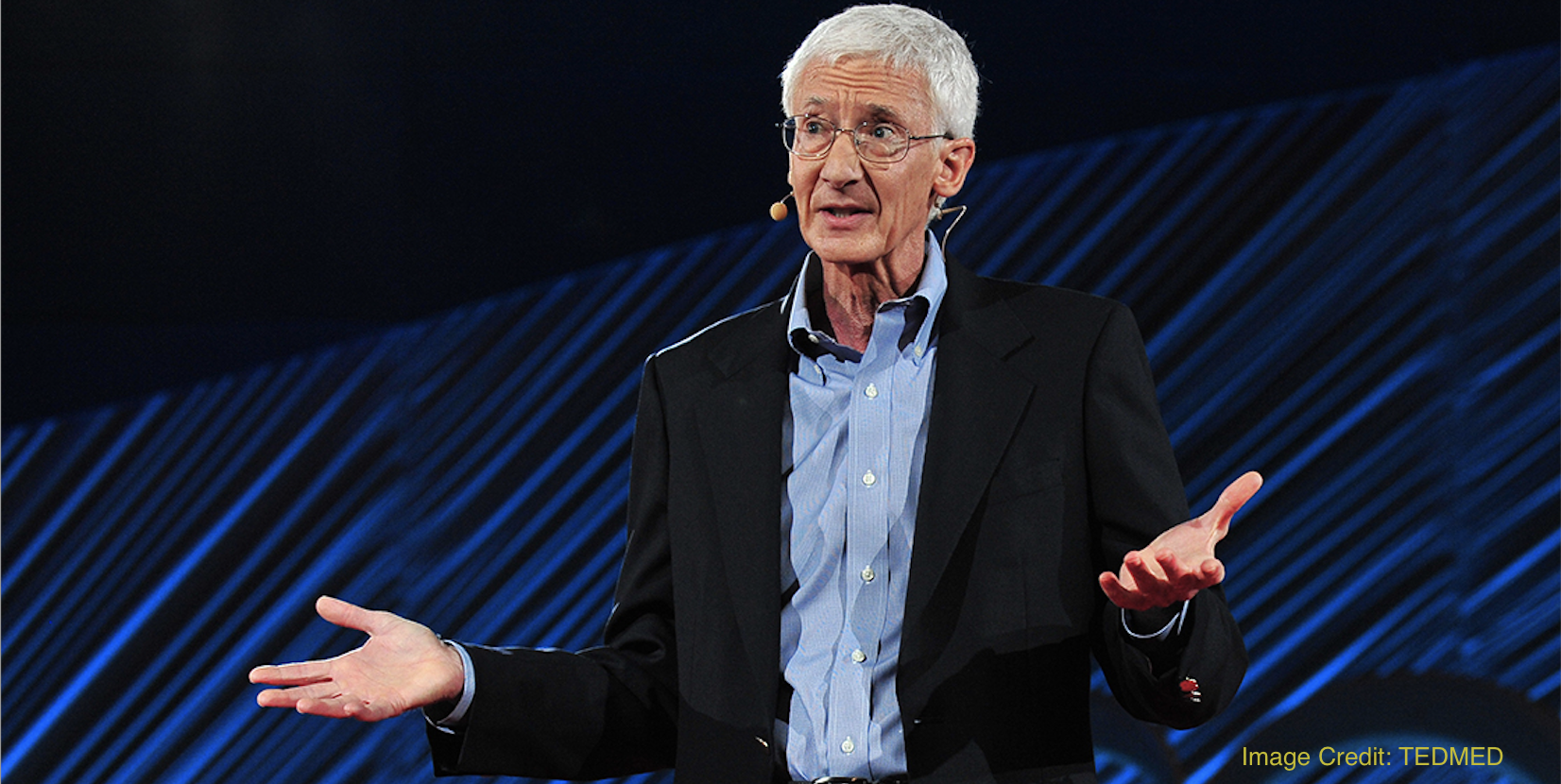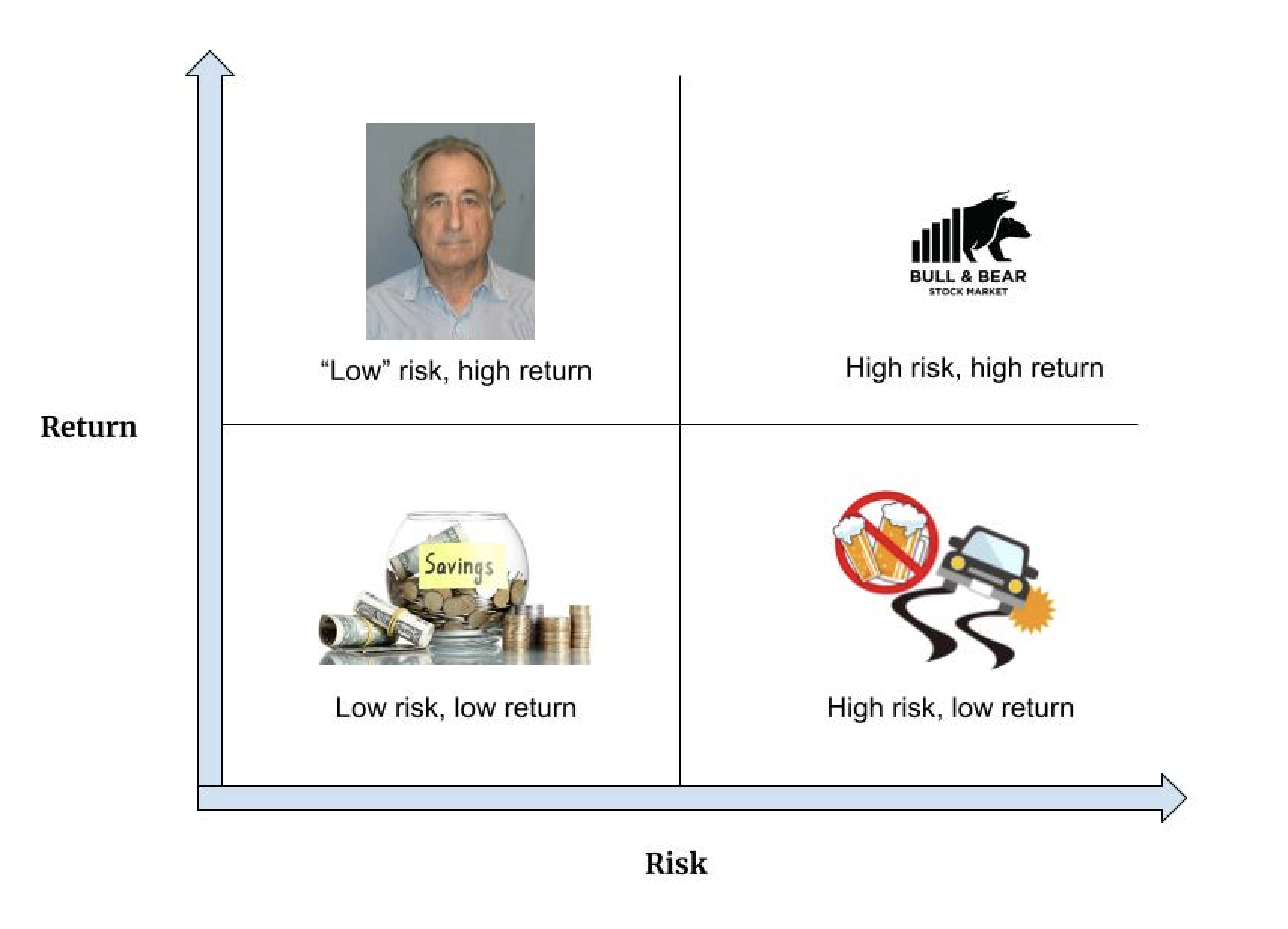Steve's Jobs II
In last week’s (and by that I mean January's) post, I wrote about Walter Isaacson’s Steve Jobs biography, specifically the traits that made him unique. Some of these traits were harmful: a deep intuition of other’s emotions that allowed him to hurt people at will, as well as a control-freak streak that resulted in getting fired from his own company. Other traits made him successful: a high-agency approach in which he bent reality to his will, in addition to an uncanny ability to focus on “WIN” (“what’s important now”, a trait mirrored by Elon Musk in the anecdote I shared).
As with most people, Jobs’ praiseworthy and toxic characteristics were two sides of the same coin: his perfectionism harmed other people, but it also manifested itself in the iPhone and Mac’s elegance.
In part two, I want to share two other themes from the biography with my incredibly sophisticated, attractive readership: pleasure through restraint and life slack.
Pleasure from Restraint
Steve Jobs “believed that great harvests come from arid sources, pleasure from restraint. He knew the equations that most people didn’t know: Things led to to their opposites,” said his daughter, Lisa, whom he largely abandoned. Jobs’ fixation on pleasure through restraint revealed itself throughout his life, from the “fruitarian” juice diets of early adulthood to his later obsession with minimalism in Apple products and Apple stores.
Isaacson’s book revealed numerous themes and patterns in Jobs’ life, but I share the pleasure through restraint theme for two reasons: the first is that I like extremes (no, I will not be joining a religious militant group), and the second is that I think Jobs was decades ahead of the curve in his beliefs about restraint.
At the time Jobs was experimenting with his unscientific diets (e.g. weeks of nothing but carrot juice) and radical minimalism, the world was a completely different place. People’s desires were bound by geography, logistics, and access. In the present day, the internet has removed those barriers. With a single click, we can now order a specific bar of chocolate from California and know it will arrive in two days, and we can do this while checking Twitter on our phone and watching any show that we want — at any time — on a third screen.
To Jobs, pleasure was more pleasurable when contrasted with extreme restraint. When things come too easy and nothing is earned, there is no satisfaction. As Western society — especially the younger generations — search for meaning in a world of abundance, pleasure from artificial self-restriction seems like a movement that will grow. Jobs beat us to it.
(Francis Fukuyama, in his infamous The End of History and the Last Man, wrote, “If men cannot struggle on behalf of a just cause because that just cause was victorious in an earlier generation, then they will struggle against the just cause. They will struggle for the sake of struggle. They will struggle, in other words, out of a certain boredom: for they cannot imagine living in a world without struggle.” This quote seemed pertinent to the search for meaning in an age of abundance, and it’s worth pondering in light of today’s extremism—both on the right and left—in America.)
Life Slack
In the Silicon Valley of the 1960s and 1970s, the age before it became software’s Mecca, middle-class engineers worked at places like HP and lived in the same (less diverse than the Valley today) neighborhoods. As a child, Jobs’ adoptive parents let him wander to neighbor’s houses, largely owned by engineers, where Jobs would mess around with hardware, circuitry, and all of the cutting-edge electronics. Jobs was a precocious rebel, and desperately sought ways to express himself and explore his angsty intellect.
Isaacson’s simple anecdotes about Steve Jobs’ childhood—the endless nights he’d spend building circuits in garages—show how much American culture has changed since then. For type-A parents in upper-middle class or affluent communities, kids now shuffle from one activity to the next; their lives are much more structured than those of prior generations.
I’m obviously not breaking news here, but noticing how much has changed makes me wonder what’s driving this ongoing evolution away from slack and towards structure. Why did kids’ lives in today’s American subculture become as scheduled as the lives of their parents? I think there are a few different factors at play:
High-income people have fewer kids, which makes it easier to fixate on every detail of their kids’ lives. Smartphones make it easy to stay in touch with them, so parents can intervene (and micromanage) in almost any situation.
Social media lends itself to status games, and outwardly successful kids are now a main currency of these status games. Ten-year-old Elsa may not enjoy violin, but the video of her violin precociousness on Facebook is “high status” compared with her love of dogs.
To remove some cynicism from the previous bullet, I think there is also an understandable fear of missing out, or, more accurately, falling behind. Most parents do want what’s best for their children, and it seems like the percentage of Americans who are financially secure shrinks every year. If outcomes are increasingly polarized, then parents will do everything they can to give their kids a leg up. The more structured their kids’ lives, the more they are groomed to get into the top colleges and have professional success (so the theory goes, at least). But at what cost?
Disclaimer: I don’t have kids yet, so it’s easy for me to lecture from my ivory tower without any real skin in the game (euphemism?).
From a societal perspective, however, it seems clear that the micromanaging of kids’ lives is unwise. A functioning society needs healthy adults who have resilience and self-esteem, and that is not something that their parents can spoon-feed them. For parents, there is ample room to lead by example and even explicitly instill values, but kids need the space to fall, get up, and believe that they can do this on their own. This is especially true in the aforementioned world of abundance, where everyone — kids included — are used to getting what they want.
There is also a huge loss societally when we suppress kids’ individualism and creativity, America’s hallmark pillars since it’s founding. If kids like Steve Jobs are shuttled to math tutoring, track practice, and eventually SAT tutoring, maybe they will be the lucky one to get into an Ivy League school. Even if they do end up at a top school, when the next fifty would-be Steve Jobs — today’s boys and girls that we’ll depend on to solve crises like climate change — all go into the same handful of white-collar jobs because they were all shepherded to do so, there is an incalculable loss to humanity.
So anyway, if/when I have children, I’m sure I will pick them up from a playdate before I drop them off with their Spanish tutor. As long as I know that I’m a hypocrite for doing this, I’m still a great parent. Right?







